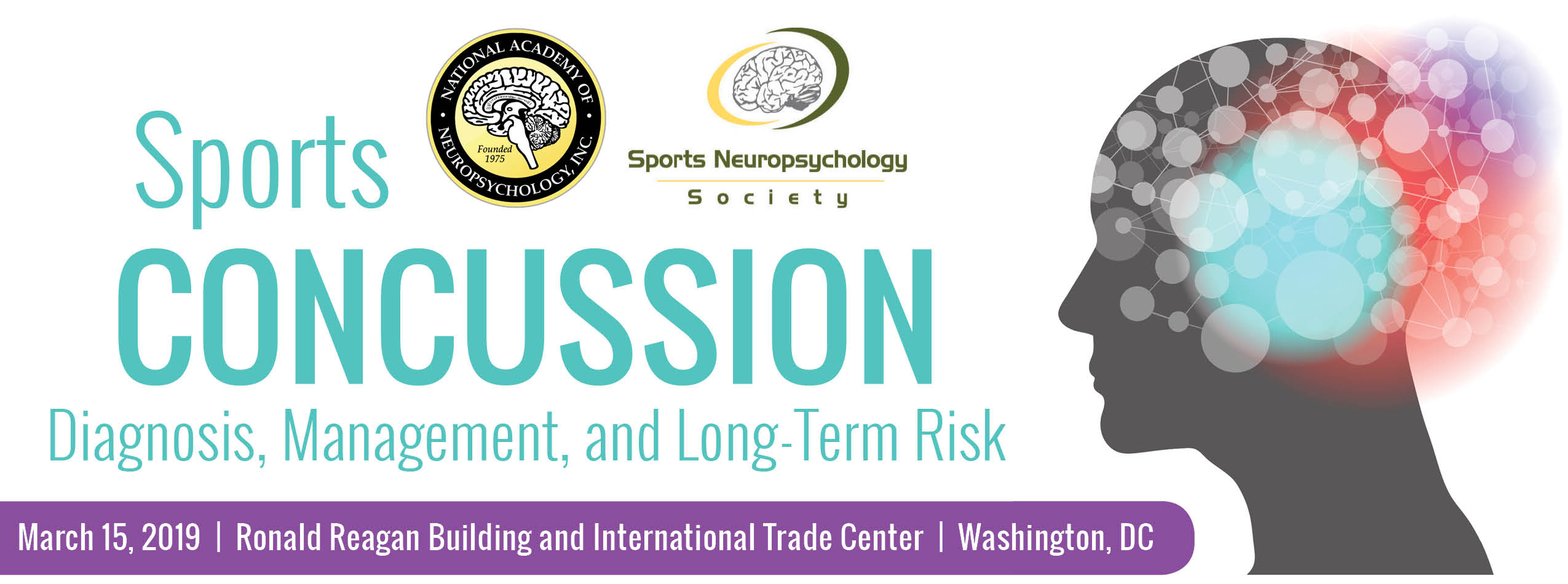 This one-day conference is designed to provide foundational information about the diagnosis and management of sports-related concussion to practitioners who may be involved in treatment. Both typical and complicated recovery will be discussed, as well as long-term risks. Information on reintegrating the athlete into school and guidance on providing academic supports will also be presented. The practitioner will gain an understanding of the current best practice for sports concussion based upon empirical evidence.
This one-day conference is designed to provide foundational information about the diagnosis and management of sports-related concussion to practitioners who may be involved in treatment. Both typical and complicated recovery will be discussed, as well as long-term risks. Information on reintegrating the athlete into school and guidance on providing academic supports will also be presented. The practitioner will gain an understanding of the current best practice for sports concussion based upon empirical evidence.
Registration Fee:
$150 per person Continuing Education: 7 CE, 7 CEU Credits or 7 CME Credits
Schedule
of Events
8:00am - 8:45am Registration
8:45am - 9:00am Welcome & Introductions
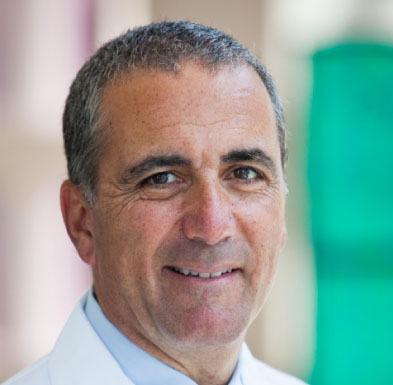 William Perry, Ph.D.
William Perry, Ph.D.
Executive Director & Past President, National Academy of Neuropsychology
Professor & Vice Chair for Program Development and Operations
Co-Director, Division of Clinical Psychiatry
Department of Psychiatry
University of California, San Diego Health Systems
9:00am - 10:15am The New Age of Concussion Treatment: Let's Get Active!
This talk will first describe our current understanding of concussion, including mechanisms of injury and pathophysiology as well as its clinical manifestations. An active approach to rehabilitation will then be presented, focusing on the gradual reintegration of the athlete back to their typical activities.
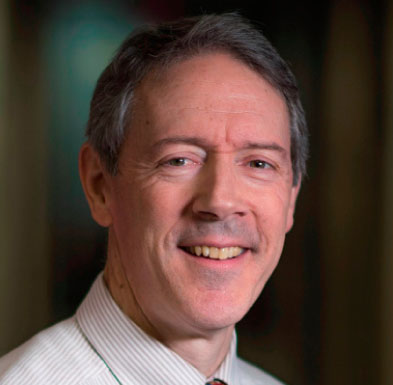 Gerard A. Gioia, Ph.D.
Gerard A. Gioia, Ph.D.
President, Sports Neuropsychology Society
Chief, Division of Pediatric Neuropsychology
Director, Safe Concussion Outcome Recovery & Education (SCORE) Program
Children’s National Health System
Professor, Depts. of Pediatrics and Psychiatry & Behavioral Sciences
George Washington University School of Medicine
10:15am - 11:30am Return-to-School and School Reintegration After Concussion
Return to school is a key element of treatment for youth after concussion. Successful reintegration requires systems-level preparation, appropriate tools and training, and coordination and monitoring of the process. This talk will provide a description of these issues and provide practical guidance for providers.
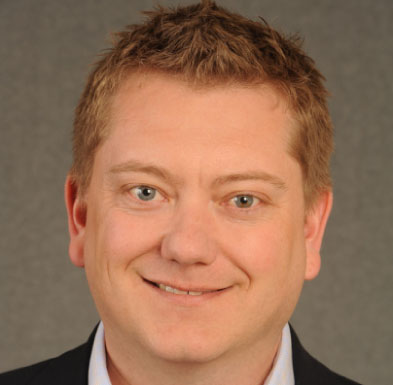 Christopher G. Vaughan, Psy.D.
Christopher G. Vaughan, Psy.D.
Secretary, Sports Neuropsychology Society
Assistant Director, Safe Concussion Outcome Recovery & Education (SCORE) Program
Division of Pediatric Neuropsychology
Children’s National Health System
Assistant Professor, Depts. of Pediatrics and Psychiatry & Behavioral Sciences
George Washington University School of Medicine
11:30am - 12:00pm Q & A/Discussion
12:00pm - 1:00pm Break
1:00pm - 2:00pm Psychological Factors and Other Causes of Prolonged Recovery
Pre-existing anxiety is a significant predictor of prolonged recovery from concussion. This presentation will focus on psychological factors that can complicate recovery, as well as other symptoms that may be associated with lengthier recovery. Recommendations for patient education and intervention will be discussed.
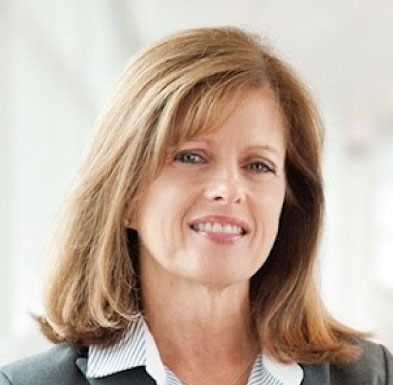 Donna K. Broshek, Ph.D., ABPP-CN
Donna K. Broshek, Ph.D., ABPP-CN
Immediate Past President, Sports Neuropsychology Society
John Edward Fowler Professor, Psychiatry & Neurobehavioral Sciences
Chief, Division of Psychology
Co-Director, Brain Injury & Sports Concussion Institute
University of Virginia Health System
2:00pm - 3:15pm Concussion Measures and Biomarkers
During the past decade, several new clinical measures have emerged for the diagnosis and management of sport concussion, with variable evidence supporting their clinical utility. The purpose of this session is to review the current evidence of sideline and clinic-based measures of sport concussion.
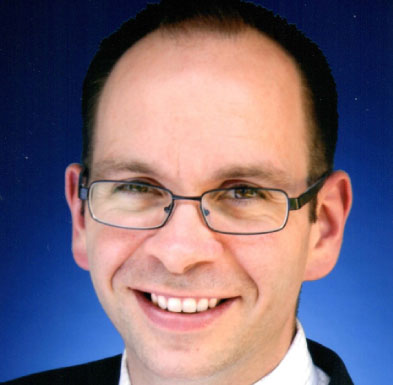 Jacob E. Resch, Ph.D., AT
Jacob E. Resch, Ph.D., AT
Assistant Professor of Kinesiology
Co-Director, Exercise and Sports Injury Laboratory
Curry School of Education & Human Development
University of Virginia
3:15pm - 4:30pm Overview of Long-Term Risks of Sports Concussion
This presentation will address three primary areas: 1) review the evidence for concussion as a potential risk factor for neurodegenerative changes with aging; 2) summarize neurobehavioral data from aging retired professional athletes with a history of concussion; and 3) provide an overview of chronic traumatic encephalopathy.
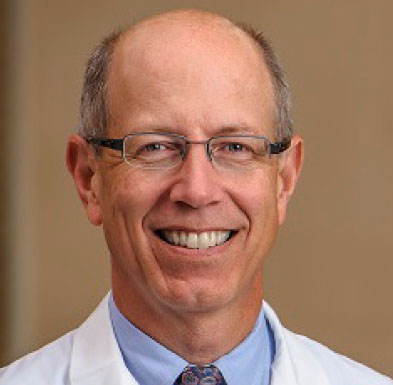 C. Munro Cullum, Ph.D., ABPP-CN
C. Munro Cullum, Ph.D., ABPP-CN
President-Elect, Sports Neuropsychology Society
Past President, National Academy of Neuropsychology
Professor of Psychiatry, Neurology, & Neurological Surgery
Senior Neuropsychologist, Peter O’Donnell Brain Institute
Vice Chair and Chief, Division of Psychology
University of Texas Southwestern Medical Center
4:30pm - 5:00pm Q & A/Discussion
Event Location:
Ronald Reagan Building and International Trade Center
1300 Pennsylvania Ave NW
Washington, DC 20004
Lodging: Attendees will need to make any necessary accommodations on an individual basis. Click here to view a list of downtown DC hotels near the Ronald Reagan Building and International Trade Center.
Metro Rail: The Federal Triangle Metro Station (orange/blue/silver lines) is located on-site and is connected to the building by covered passageway. The Metro Center Metro Station (red line) is located two blocks away.
Parking: Please click here for more information on parking at the Ronald Reagan Building and International Trade Center.
The goal of this workshop is to provide a foundational knowledge of sports concussion, typical and prolonged recovery, diagnostic and treatment methods, return to school, and long-term risks to create a framework for providers who may be involved in treatment.
As a result of attending this workshop, the participant will be able to:
- Identify the most common observable signs and symptoms of concussion.
- Describe the currently recommended active rehabilitation approach to concussion treatment.
- List the most common concussion assessment tools and discuss the status of concussion biomarker research.
- Identify pre-existing and co-morbid psychological factors, as well as other factors, that are associated with prolonged concussion recovery.
- Explain the primary issues involved with return-to-school and describe potential school reintegration practices to facilitate recovery.
- Discuss the facts vs myths of long-term concussion risk and provide an overview of what is and is not known about chronic traumatic encephalopathy (CTE).
Target Audience: Health care providers are the primary audience, including clinical psychologists, school psychologists, neuropsychologists, athletic trainers, pediatricians, school nurses, and others with an interest in treating athletes with concussion.
Instructional Level: Introductory to intermediate.
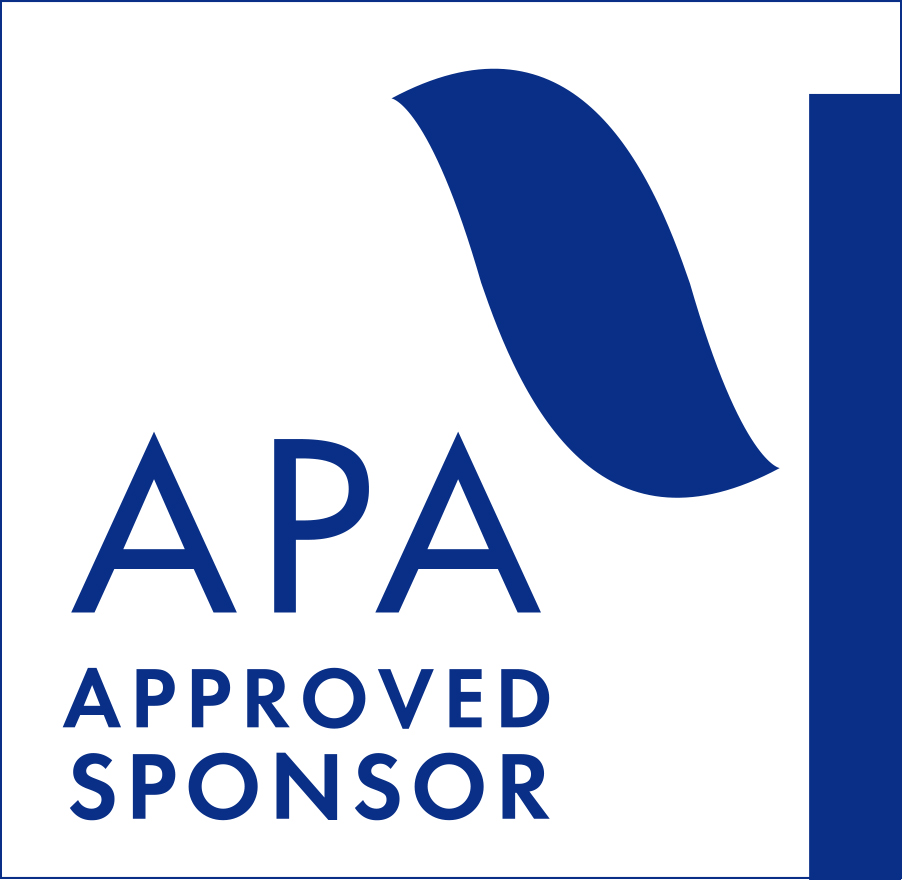
The National Academy of
Neuropsychology is approved by the American Psychological Association to
sponsor continuing education for psychologists. The National Academy of
Neuropsychology maintains responsibility for this program and its content.
 Sports Neuropsychology Society (BOC AP#: P8601) is approved by the Board of Certification, Inc. to provide continuing education to Athletic Trainers. This program is eligible for a maximum of 7 Category A hours/CEUs (EBP application is in progress). ATs should claim only those hours actually spent in the educational program.
Sports Neuropsychology Society (BOC AP#: P8601) is approved by the Board of Certification, Inc. to provide continuing education to Athletic Trainers. This program is eligible for a maximum of 7 Category A hours/CEUs (EBP application is in progress). ATs should claim only those hours actually spent in the educational program.
This activity has been planned and implemented in accordance with the accreditation requirements and policies of the Medical Association of Georgia through the joint providership of Southern Alliance for Physician Specialties CME and National Academy of Neuropsychology. The Southern Alliance for Physician Specialties CME is accredited by the Medical Association of Georgia to provide continuing medical education for physicians. The Southern Alliance for Physician Specialties CME designates this live activity for a maximum of 7.0 AMA PRA Category 1 Credits™. Physicians should claim only the credit commensurate with the extent of their participation in the activity.
Cancellation
Policy: A 50% refund is possible for written
cancellation requests postmarked and mailed by March 1, 2019 to NAN at 7555 East
Hampden Avenue; Suite 525; Denver, CO 80231. Cancellations will not be accepted
by phone. Refunds will not be issued for
cancellations requested after March 1, 2019.